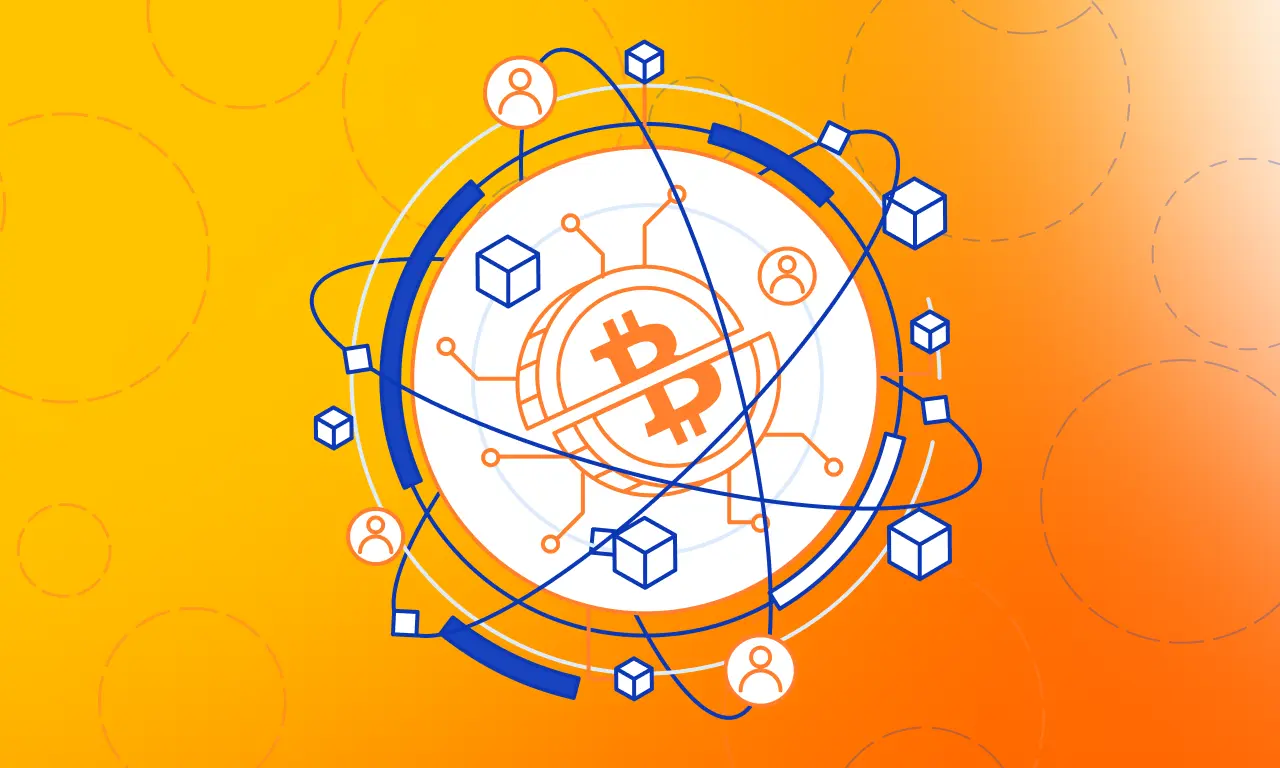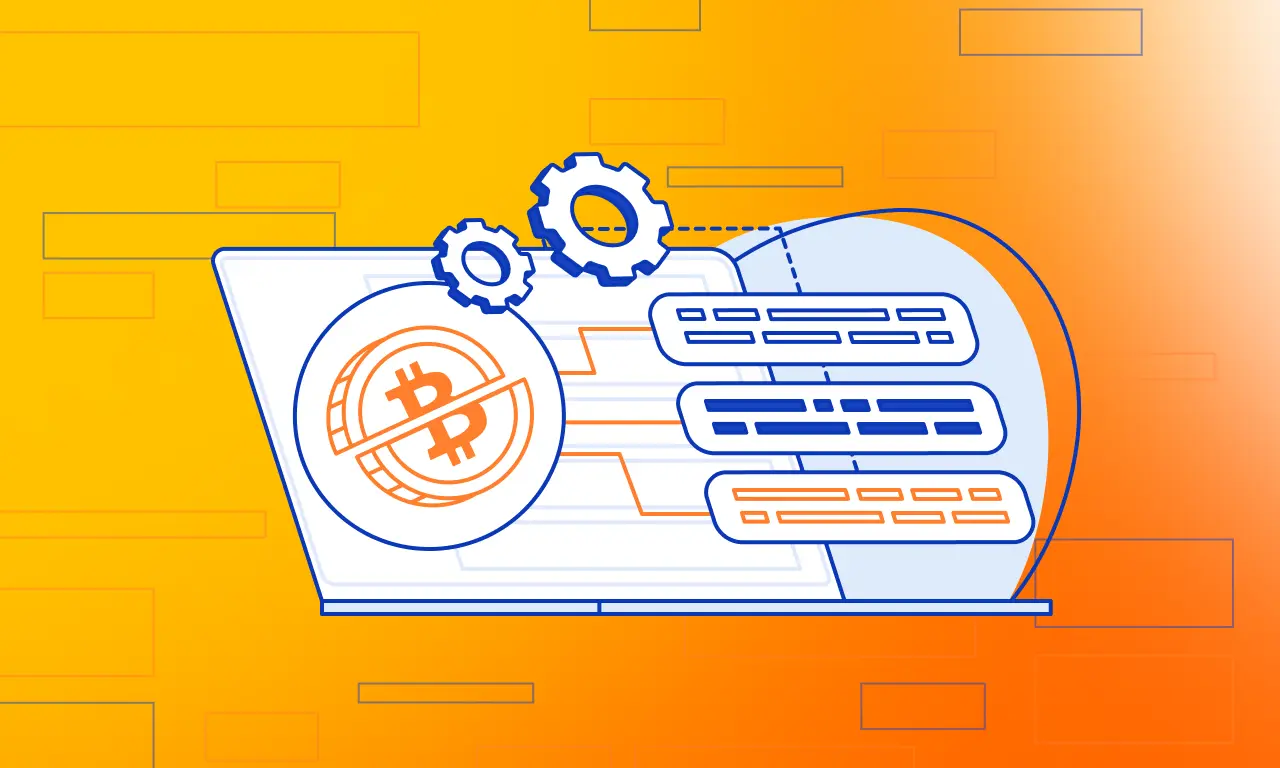What is Bitcoin Halving? How Will the 2024 Halving Impact Bitcoin?
13/10/2023

Bitcoin Halving is an event that attracts the attention of both experienced investors and newcomers to the world of cryptocurrencies. It is the moment when the reward for mining new blocks in the Bitcoin blockchain is halved, occurring approximately once every four years. This process is a key aspect of the Bitcoin economy and has far-reaching consequences for its price, network security, and miners.
The buzz around Bitcoin Halving resembles an event similar to a stock split in traditional financial markets, but with one important difference: halving directly impacts the supply of new Bitcoins, which can have a significant effect on demand and price.
To better understand this concept, let's take a closer look at why and how Bitcoin Halving occurs and what consequences it may have for Bitcoin and its holders.

The Significance of Bitcoin Halving for Bitcoin and the Cryptocurrency Community
Bitcoin Halving holds immense significance for both Bitcoin and the entire cryptocurrency community. This event has a profound impact on various aspects of the Bitcoin ecosystem.
Firstly, it affects inflation control. Once Halving occurs, the reward for mining new blocks is halved. This means that the number of new Bitcoins entering circulation decreases, contributing to a reduction in inflation. This makes Bitcoin more akin to precious metals like gold, where supply is limited and controlled by the protocol.
Furthermore, Halving has the potential to impact the price of Bitcoin. The reduction in mining rewards can lead to a supply deficit, which historically has been accompanied by a rise in the price of Bitcoin. This aspect garners the attention of investors, researchers, and traders, potentially creating increased volatility in the Bitcoin market in both the short and long term.
Moreover, Halving affects mining and miners. As rewards decrease, mining becomes less profitable for many participants. This can lead to changes in the composition of mining pools and miners' strategies, which in turn affects the overall security of the Bitcoin network.
All of these factors make Halving an important event in the life of Bitcoin and generate interest from the entire cryptocurrency community, as well as beyond.

How the Bitcoin Halving Mechanism Works
To gain a deeper understanding of the significance of Bitcoin Halving, let's delve into how this process works and its interaction with the Bitcoin protocol.
The Halving process is entirely automated and embedded within the Bitcoin protocol. It is based on two key aspects:
Periodicity: Halving occurs upon reaching a specific number of mined blocks, specifically every 210,000 blocks. Considering the average block mining time, which is approximately 10 minutes, this event happens roughly every four years.
Reward Reduction: When Halving takes place, the reward that miners receive for creating a new block is halved. In the early days of Bitcoin in 2009, the reward was set at 50 bitcoins. After the first Halving, it reduced to 25 bitcoins, and then to 12.5 bitcoins after the second Halving. This process will continue until the maximum limit of 21 million bitcoins is reached.
So, Halving is an intrinsic mechanism that controls the creation of new bitcoins, ensuring the long-term sustainability of the network and its status as digital "gold." This process also has a significant impact on miners' economic incentives and the dynamics of the Bitcoin market.

Past Halwings and their impact
Understanding the impact of previous halvings on Bitcoin is crucial for assessing how the 2024 halving may affect the cryptocurrency. Let's briefly examine the two previous halvings:
2012 Halving: In November 2012, Bitcoin experienced its first halving, reducing the mining reward from 50 to 25 bitcoins. This event had a significant impact on the Bitcoin ecosystem. It acted as a catalyst for increased interest in the cryptocurrency and long-term price growth. The price surge continued for several years after the halving, demonstrating how halving can influence price.
2016 Halving: The next halving occurred in July 2016, reducing the mining reward to 12.5 bitcoins. This halving also accompanied a price increase in Bitcoin, albeit with some delay. It stimulated broader adoption and interest in Bitcoin, and it appears to have had a lasting impact on the price and perception of the cryptocurrency.
Lessons from Previous Halvings. Analyzing these previous halvings yields several important lessons. First, halving can act as a catalyst for increased interest and price growth in Bitcoin. Second, the impact of halving may not be immediate but can manifest over time. Third, halving affects the economic incentives of miners and their role in the Bitcoin network. It is crucial to consider these factors when assessing the expected consequences of the 2024 halving.

Summary and Conclusion
Conclusion on the Importance of Bitcoin Halving and Its Impact on Bitcoin's Future
Bitcoin Halving remains one of the most significant and foundational events in the world of cryptocurrencies. This process not only controls the supply of new bitcoins but also has a long-term impact on price, network security, and the role of miners. Past halvings have provided us with lessons on what changes to expect and what factors may influence Bitcoin following this event.
Perspectives Related to Bitcoin After the 2024 Halving
With the 2024 halving, Bitcoin will once again face challenges and opportunities. It is expected that the reduction in miner rewards will further solidify the digital asset's status as a store of value. It is important to note that halving is not a guarantee of price growth, and the Bitcoin market remains susceptible to volatility and external factors.
As infrastructure and institutional investor interest in Bitcoin continue to develop, along with broader recognition of cryptocurrency, Bitcoin remains one of the most discussed assets in the world of finance. The 2024 Bitcoin halving will likely be a continuation of this evolutionary process.
In conclusion, the Bitcoin halving event in 2024 will remain an event that captures the attention of the entire cryptocurrency world, and its impact on Bitcoin's future will be studied and analyzed for many years to come.
Do you like this article? Share it with your friends.



